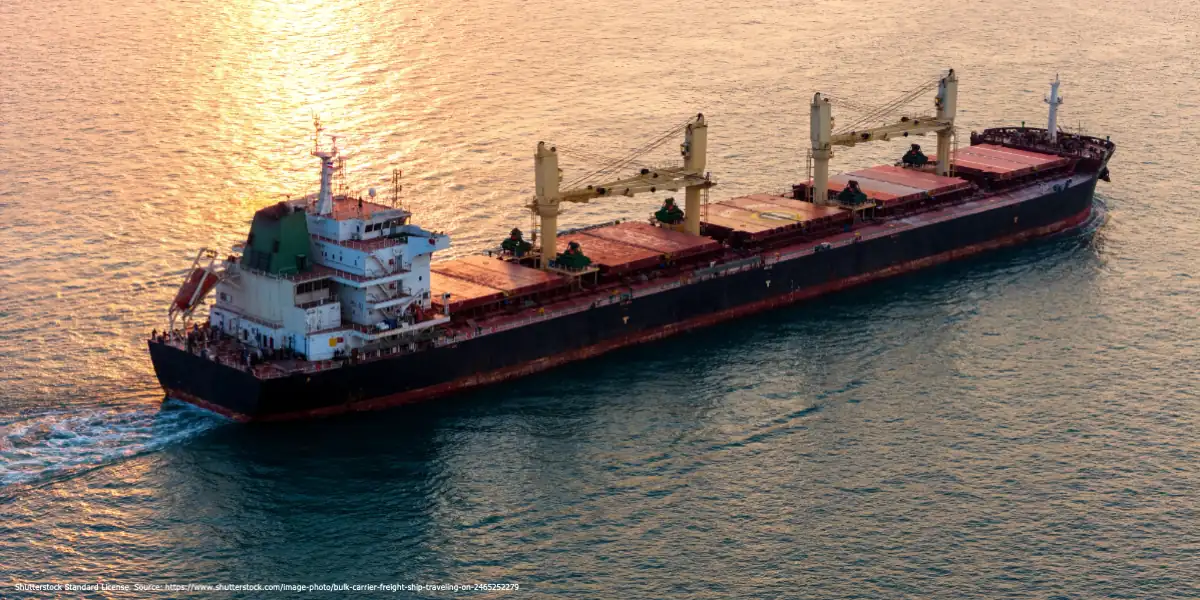The authors compile a unique, product-level dataset capturing trade sanctions directed at Russia in the aftermath of early 2022. By merging these sanctions data with import information, they highlight four main insights into how embargoes reshaped Russia’s trade flows.
First, they note that about one-third of what Russia imported in 2021 was eventually subjected to export prohibitions. In addition, nearly two-thirds of the six-digit product lines Russia had historically imported were sanctioned by at least one of the major implementing countries or trade blocs. Although many of these restrictions took effect in the early stages of the conflict, extra measures introduced in the subsequent months broadened their reach from about 20 percent to 33 percent of Russia’s imports by mid-2024.
Second, the measures strongly target cutting-edge technologies but do not cover all advanced items. In the three principal high-tech categories—such as machinery, vehicles, and electronics—roughly half of each group’s imports ended up sanctioned. At the same time, basic commodities, consumer goods, and intermediate product categories include sanctioned goods, indicating that bans reach beyond the most sophisticated technologies.
Third, the study finds that Germany plays an especially large part, banning over twenty billion dollars’ worth of its 2021 exports. Overall, the European Union imposed prohibitions on around two-thirds of its goods shipped to Russia, representing more than 70 percent of all banned flows in the report’s sample. Nearly every country that formerly counted Russia as a sizable destination has already cut off the bulk of those sales; consequently, their capacity to escalate sanctions further seems more constrained.
Finally, the authors discover relatively uneven coordination among sanctioning countries. While certain trade blocs align strongly in their product lists, many targeted items remain restricted by only a subset of countries, and there is limited overlap across many pairs of sanctioning states. This partial coordination implies that Russia may exploit inconsistencies between countries’ measures by shifting purchases. The authors emphasize that, although powerful, these sanctions do not uniformly seal off every critical import category, and advanced cooperation among sanctioning states would be necessary to prevent rerouting or substitution.
Read the full article.



